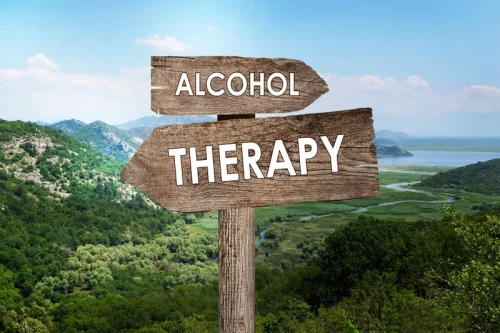
Halfway houses can be government funded or run by private organizations that receive government grants. Residents may sleep in dorms, and attendance can be court-ordered for a set period. Prices vary, but most of the time it costs about the same as it would cost to live in a modest apartment or home. Residents must pay rent on time, but they do not have to pay first and last month’s rent.
- When you’re trying to decide between sober living and rehabilitation, your first step should be to learn as much as you can about each option.
- The main difference between sober living homes and residential treatment programs is that sober living homes do not offer the same intensive medical and therapeutic services as a residential treatment program.
Key Features of Residential Rehab
You need to communicate where you are and what you’re doing so someone knows how to help you if you need it. Together, the setting will teach you responsibility, accountability, problem-solving skills, stress management, time management, and even how to live sober in a not-so-sober world. sober house vs rehab While there are many variations on approach, recovery involves a treatment facility that can be there for you as you withdraw and walk you through methods of treatment. Choosing to go through the steps of walking away from addiction requires great strength and determination.
- Residential rehab, also known as inpatient rehab, is a structured and intensive treatment program for individuals struggling with substance abuse.
- Occasionally they are run by a charity or an addiction treatment center as a less structured and more informal version of the inpatient treatment plans they offer.
- Additionally, maintaining your sobriety typically requires a home that is free of substances.
- In many instances, residents may enjoy a single room or share one with another resident navigating the path toward sobriety.
Going to a Sober Living Home After Rehab
A significant portion of these facilities is drug rehabilitation facilities. The main benefit of rehab is that it helps you get sober most effectively & safely. Through comprehensive care & addressing the emotional & psychological aspects of your addiction, getting sober is very much attainable. Another benefit of rehab is your access to medical supervision during detox, which reduces the risk of complications, allowing you to get through it safely. Lastly, the structured environment helps you focus solely on your recovery while surrounded by people who support you. The point of sober living is to emulate normal life but without drugs, and sometimes that’s just what people need in order to get better and move on with their lives.
Stepping Stones: A Comparative Guide to Sober Homes, Transitional Housing and Halfway Houses

Sober living homes encourage participation in group meetings, household tasks, and sometimes, holistic practices such as meditation and mindfulness. Individuals in sober homes share a common goal of long-term sobriety and wellness. Members of the sober living community https://ecosoberhouse.com/ support and motivate each other to avoid relapsing into past behaviors. Here you will find information about sober living houses, what they do, and how you, or your loved one, can take full advantage of the support on offer and enjoy a life free from addiction.

Suppose you’ve recently relapsed and found that the stress of being in environments around alcohol and drugs or a lack of structure is particularly triggering. These facilities offer 24-hour medical care and treatment in a controlled medical environment. Rehab facilities offer comprehensive treatment programs and utilize various evidence-based practices and techniques to provide the best possible treatment for those who need it. In the United States alone, there are more than 14,500 drug treatment facilities that cater to the needs of those suffering from a substance use disorder. These facilities come in different shapes and sizes, can be found in many different settings, and provide a wide range of treatment options.


- The difference between sober living and rehab, residents can bring no drugs or alcohol into the sober living home.
- However, walking back into the same life — the same home, surrounded by the same people and often in the same high-risk environment — is never ideal.
- It also provides a therapeutic space where you can get support from peers who are also recovering from substance abuse.
- However, there are mixed-gender homes and homes that specifically cater to LGBTQ+ people.
- It’s a journey that varies from person to person, shaped by their progress during recovery and individual circumstances.